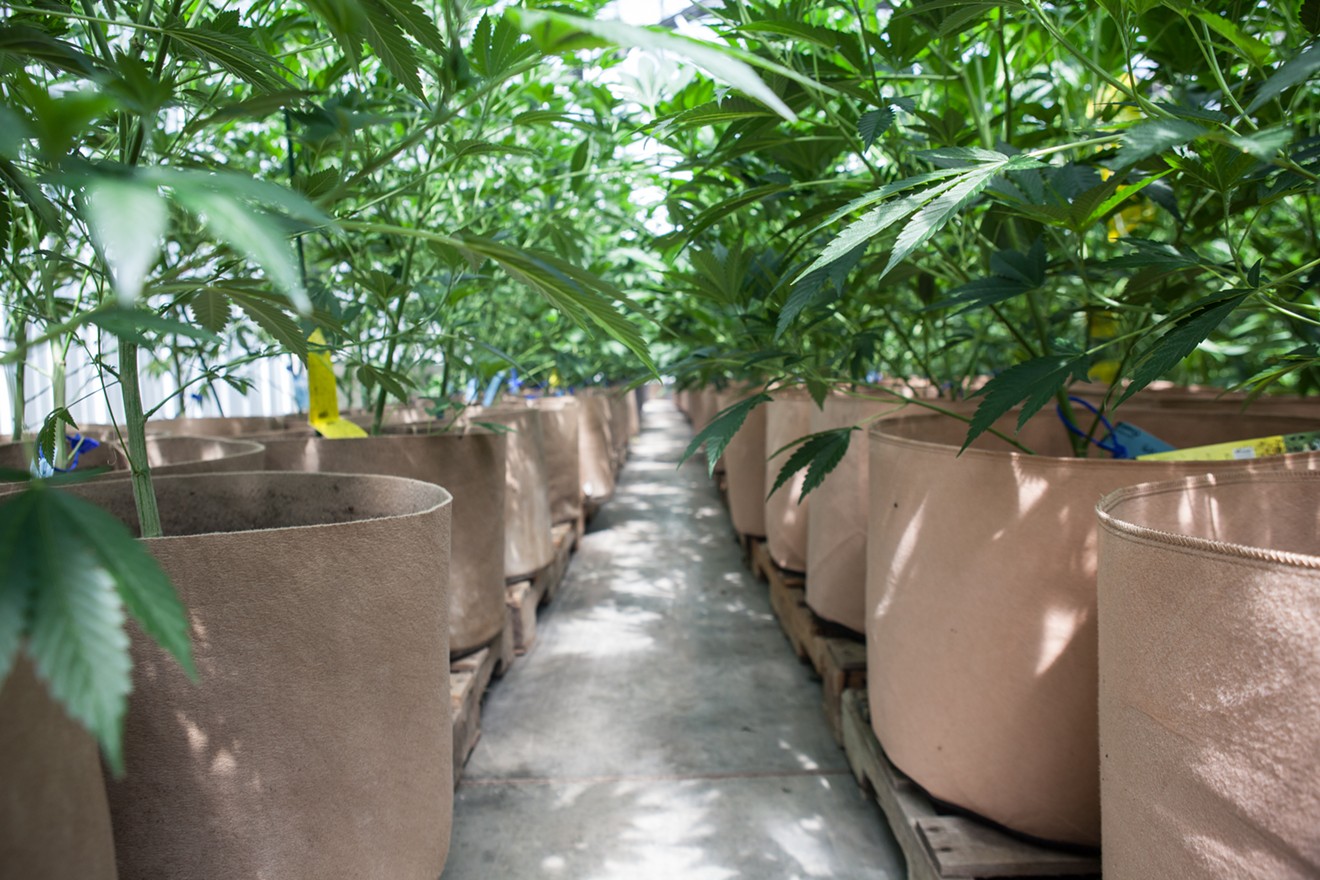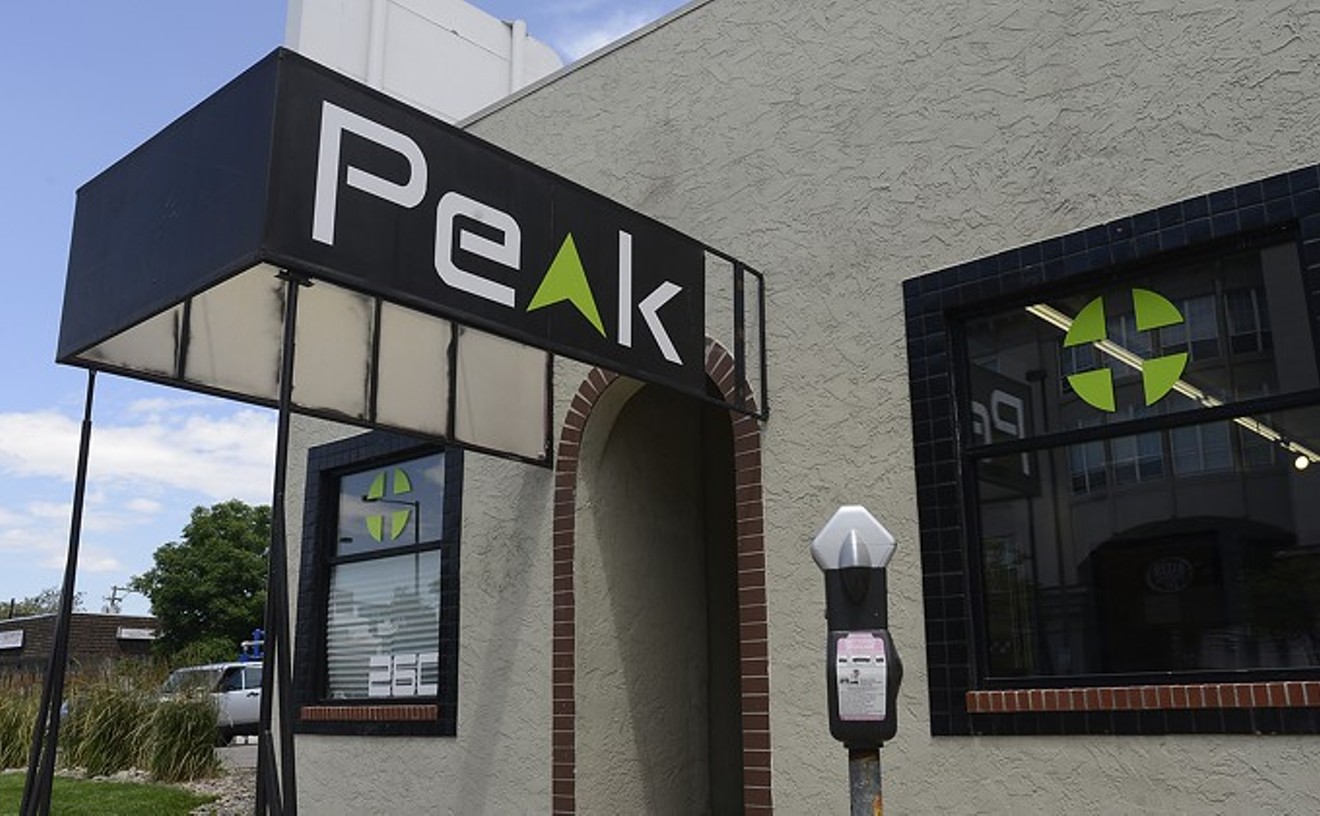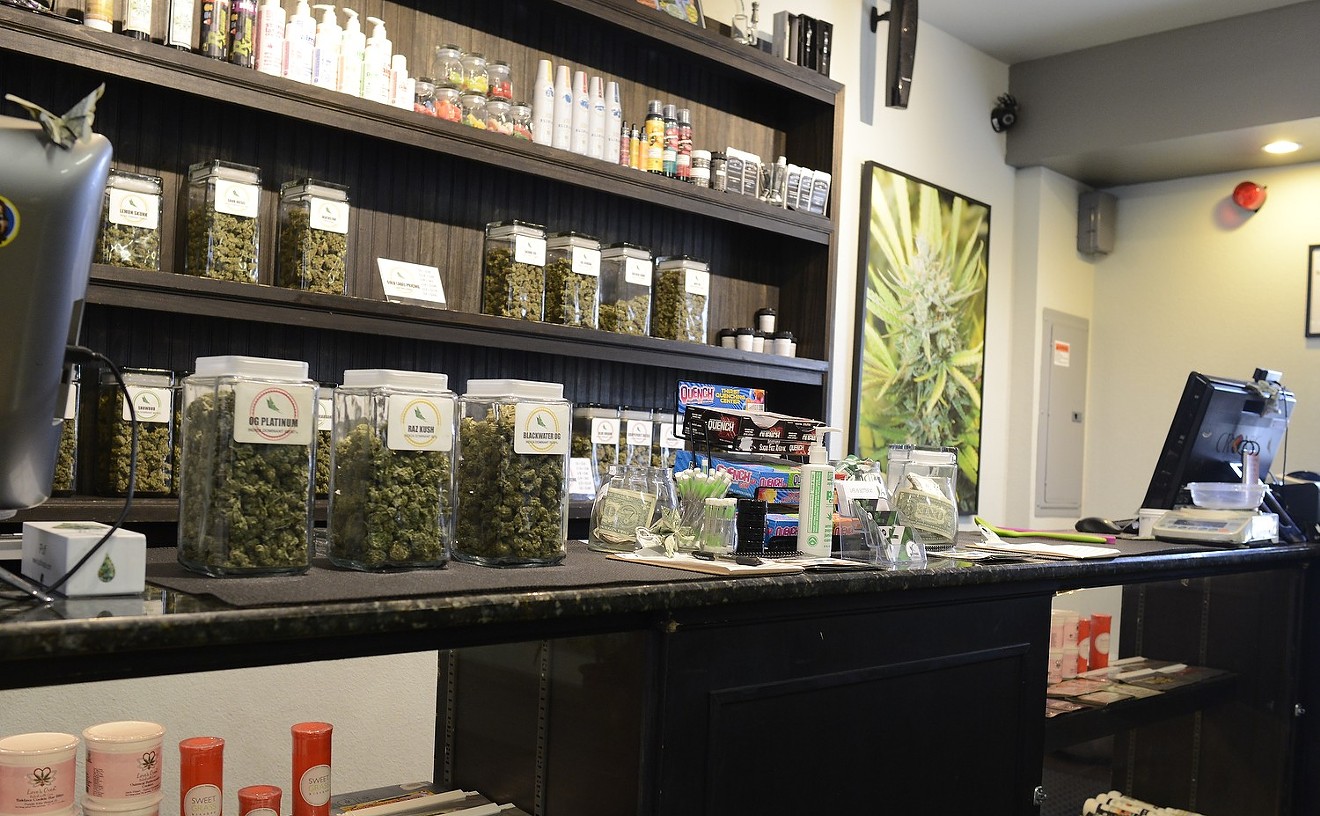With Oklahoma's bustling medicinal program and millions spent on support for the campaign, the measure looked like it had a good chance. Just five years earlier, the state's voters had approved medical marijuana by 14 percentage points, and Oklahoma then proceeded to create one of the most liberal MMJ frameworks in the country for businesses and personal use.
Proponents of this new measure had raised nearly $5 million in campaign support and offered a 15 percent tax on recreational sales to fund state education and budget initiatives. But 62 percent of voters turned down the offer.
Polls had indicated that recreational marijuana in Oklahoma was strongly opposed in rural areas, while a last-minute push against the measure by current and former elected officials, religious leaders and state law enforcement also had an effect, according to the Associated Press.
Oklahoma's election results follow in the path of recent votes in Arkansas, North Dakota and South Dakota, all of which rejected similar measures in 2022. But legal marijuana's election record hasn't only been losses lately. Maryland and Missouri voters approved recreational pot last year, and Montana, New Mexico and Rhode Island state governments all implemented recreational measures, as well.
While proponents could reintroduce legalization attempts in previous battleground states, residents of around half the states in the country have yet to officially consider legalization. After this latest defeat for recreational marijuana, the grounds for legalization don't look as fertile as they once did.
Florida, Delaware, Georgia, Hawaii, Idaho, Indiana, Iowa, Kansas, Kentucky, Louisiana, Minnesota, Mississippi, Nebraska, New Hampshire, North Carolina, Ohio, Pennsylvania, South Carolina, Tennessee, Texas, Utah, West Virginia, Wisconsin and Wyoming have never taken the issue of recreational marijuana sales to voters, though a handful of them allow medical marijuana, and Delaware, Hawaii, Louisiana, New Hampshire and North Dakota have decriminalized simple possession.
What states are next?
The Marijuana Policy Project, an organization that lobbies for national and statewide marijuana legalization, prefers to focus on states that have easier pathways to legalization through ballot initiatives rather than going for legislative actions. But according to MPP board chair Sal Pace, those states are running out.Ohio voters could see a recreational marijuana ballot question in 2023 if state lawmakers don't advance a legalization bill, and medical marijuana could come up on the ballot in conservative states like Idaho and Nebraska. Medical marijuana is already legal in some form in 37 states, however, and these programs usually don't provide the same rights and commercial opportunities that recreational laws do.
Hawaii is near the top of the MPP's list for recreational efforts; the group views the state's longstanding medical program and new Governor Josh Greene's public support as good signs for the movement within that state's legislature. State assemblies in Minnesota, Pennsylvania and Wisconsin could all legalize recreational marijuana within the next few years, as well. Such efforts have stalled in legislatures before, however, and once those states have joined the party, the pickings will get even slimmer.
Meanwhile, even in Colorado recreational marijuana measures have faced pushback on a local level. Colorado Springs, the state's second-largest city, soundly rejected a recreational marijuana sales proposal in 2022, as did voters in unincorporated Jefferson County and a handful of small municipalities.












